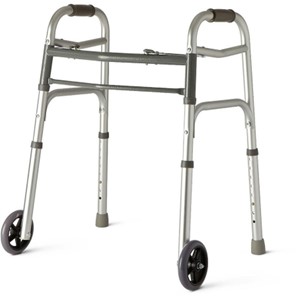A nurse is planning an educational conference about informed consent. Which of the following information should the nurse include?
After signing the informed consent, the client can no longer refuse the procedure.
Informed consent includes information about the potential risks of the procedure.
The nurse is responsible for explaining the procedure when obtaining the informed consent.
A nursing student can witness an informed consent.
The Correct Answer is B
When planning an educational conference about informed consent, the nurse should include information about the potential risks of the procedure. Informed consent is a process in which the client is provided with information about a medical procedure or treatment, including its potential risks and benefits, so that they can make an informed decision about whether to proceed.
Option a is incorrect because after signing the informed consent, the client still has the right to refuse the procedure.
Option c is incorrect because it is not the nurse's responsibility to explain the procedure when obtaining informed consent; this is typically done by the healthcare provider performing the procedure.
Option d is incorrect because a nursing student cannot witness an informed consent; only a licensed healthcare professional can do so.
Nursing Test Bank
Naxlex Comprehensive Predictor Exams
Related Questions
Correct Answer is C
Explanation
When using a two-wheeled walker, the client should stand with their elbows slightly flexed while holding the walker. This allows for proper posture and support while using the walker.
Option a is incorrect because stooping forward can cause strain on the back and neck.
Option b is incorrect because moving the walker too far ahead can cause instability and increase the risk of falls.
Option d is incorrect because picking up the walker with each step can cause fatigue and decrease the effectiveness of the walker.

Correct Answer is D, B, A, C
Explanation
When caring for a client who is nauseated and unable to eat after taking an antibiotic, the nurse should first identify possible nursing interventions that address the client's nausea. The nurse should then review the potential benefits and consequences of each intervention. The nurse should determine the probability of intervention-related complications. Finally, the nurse should select an intervention that provides the greatest benefit and least risk to the client.
Whether you are a student looking to ace your exams or a practicing nurse seeking to enhance your expertise , our nursing education contents will empower you with the confidence and competence to make a difference in the lives of patients and become a respected leader in the healthcare field.
Visit Naxlex, invest in your future and unlock endless possibilities with our unparalleled nursing education contents today
Report Wrong Answer on the Current Question
Do you disagree with the answer? If yes, what is your expected answer? Explain.
Kindly be descriptive with the issue you are facing.
